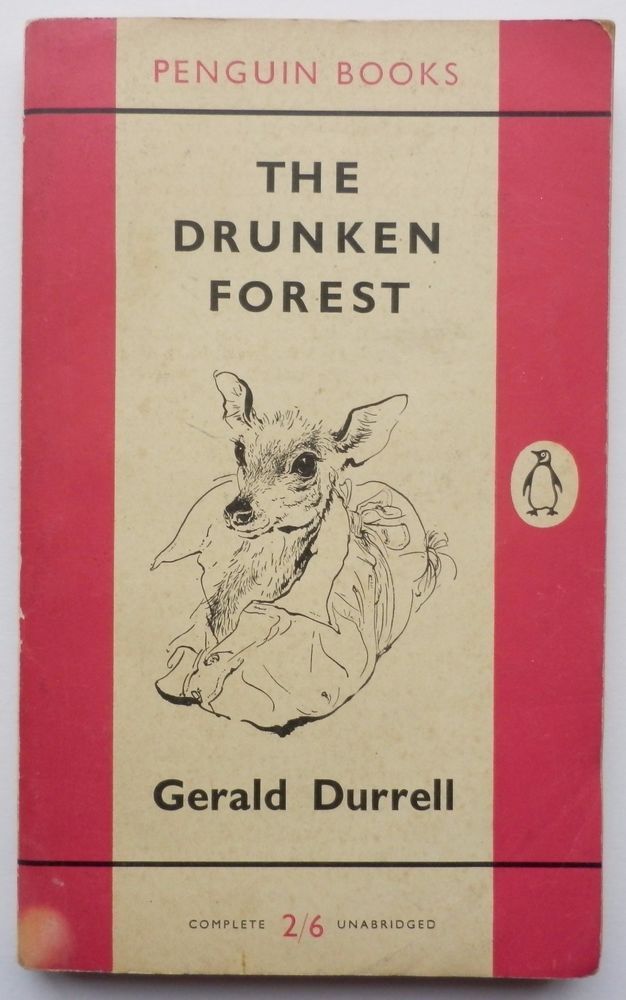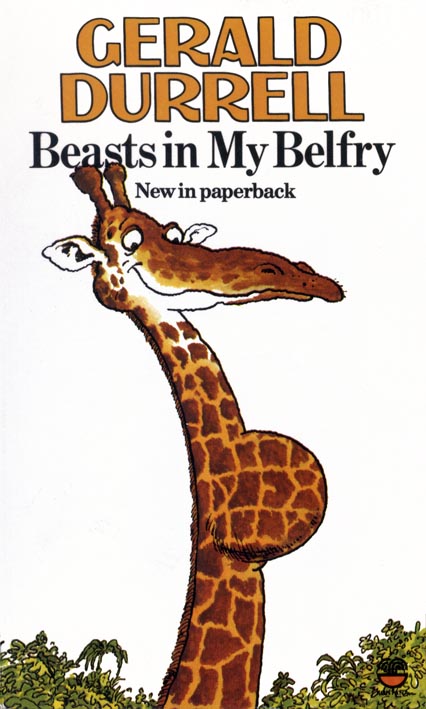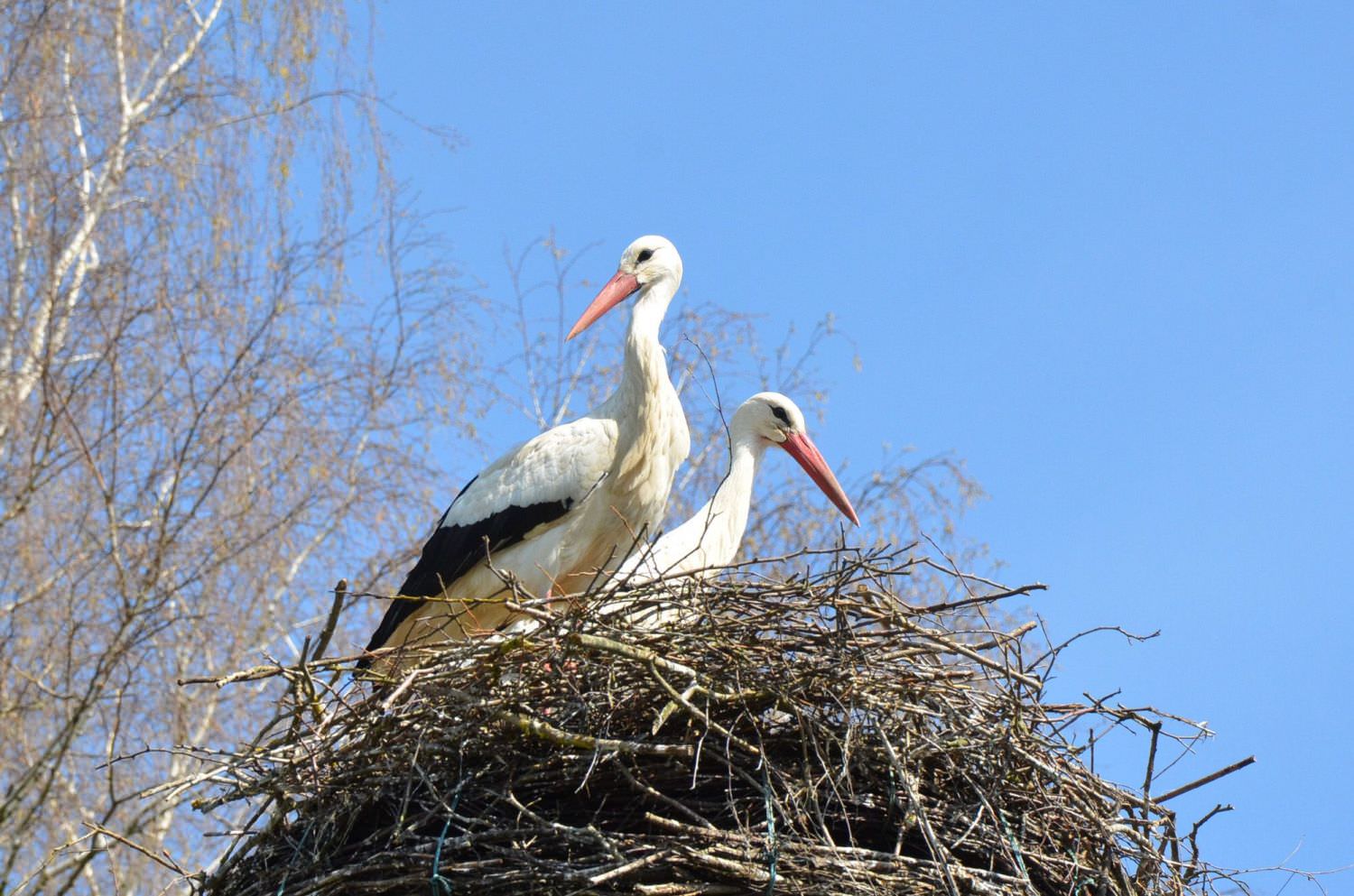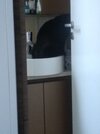You are using an out of date browser. It may not display this or other websites correctly.
You should upgrade or use an alternative browser.
You should upgrade or use an alternative browser.
Photos and videos of our amazing 2D residents
- Thread starter Bosphorus1982
- Start date
PERLOU
The Living Force
wilfried
Jedi Master
I had my first doubts about ZOO-s when I worked in East Kalimantan, when I could see exotics animals in the wild. The final straw for me was when I saw the ZOO in the middle of Buenos Aires called Ecoparque.
I used to feel the same about zoos and kept animals. After watching the video you posted, and from what life taught me so far, I wonder whether the interactions between humans and animals help the latter to advance up the density levels.
I mean, look at that beautiful reaction when she saw the guy who used to take care of her. It brought tears of joy to my eyes. There are humans that might never experience that depth of emotion when meeting up with someone they cared for in the past. Perhaps some zoos, for some of the animals who develop strong and deep bonds with their human caretakers - an opportunity that they wouldn't have in the wild - are kind of a "short-wave cycle" for the spiritual evolution of said animals. Kind of like we are while "in captivity" on 3D Earth.
Just a thought, inspired by the video you posted.
My reaction to zoos is ambivalent. I have good memories about them, but also very sad memories. I think it depends on the people. When I was little, we often went to the zoo in Barcelona. So that was my first contact with animals. When I was older and visited the same zoo, I had my first insight about the cruelty of people when I saw them laughing in front of polar bears, laughing at these beautiful bears that were in a completely artificial environment. Zoos have always existed, they can be a learning opportunity to work on compassion, and love for animals, love for the animal kingdom. A zoo is an extension of us, a mirror. Going to the zoo is perhaps important, to reflect on how our relationship with animals is. It can be an opportunity to discover animals in the real world, and not on TV. As I said, my feelings towards zoos are ambivalent.I had my first doubts about ZOO-s when I worked in East Kalimantan, when I could see exotics animals in the wild. The final straw for me was when I saw the ZOO in the middle of Buenos Aires called Ecoparque.
"Are You Human ?"
I once visited a zoo in Gramby, Quebec with a group of children. It was raining and I remember looking at a pensive lion in the rain. What was he thinking? I stayed a long time looking at him, trying to put myself in his place. In fact, I believe that zoos are a big prison that resembles ours. And at the same time a school. That's why I'm ambivalent.
There is a writer who wrote very nice books about animals, he was a zoo director during his life and there I got another vision about zoos. His name was Gerard Durrel, it's worth to read it. He taught us how his zoo worked, he taught us about the animals, in fact he was a good teacher.
His books are excellent, and I like reading him better than going to the zoo.
Should zoos disappear? I can't answer that question. Anyway, you can be sure that the Agenda 2030 intends to take animals out of our lives, and it is not for the love of animals that they will do it.


His horns look impressive, and how did he get there?
OMG. Lets hope no wood rot!!!!!!!and how did he get there?
PERLOU
The Living Force
Premier oeuf de mes cigognes préférées Mélodie et Maurice... Félicitations pour la nouvelle génération...
Combien d'oeufs cette année ?...

 www.sarralbe.fr
www.sarralbe.fr

Combien d'oeufs cette année ?...
Télé-Cigognes - Webcam Live (Sarralbe, Moselle)
Suivez en direct la vie des cigognes de Sarralbe et de leurs petits installés dans le nid sur le toit de la mairie grâce à notre webcam !...

I think that someday they will be able to communicate with us if not with words through thoughts or images.
Imagine this little guy talking to you
Imagine this little guy talking to you
PERLOU
The Living Force
PERLOU
The Living Force
What a wonderful thought, brought a smile to my face. Thank you.Imagine this little guy talking to you
Trending content
-
Thread 'Coronavirus Pandemic: Apocalypse Now! Or exaggerated scare story?'
- wanderingthomas
Replies: 30K -
-


